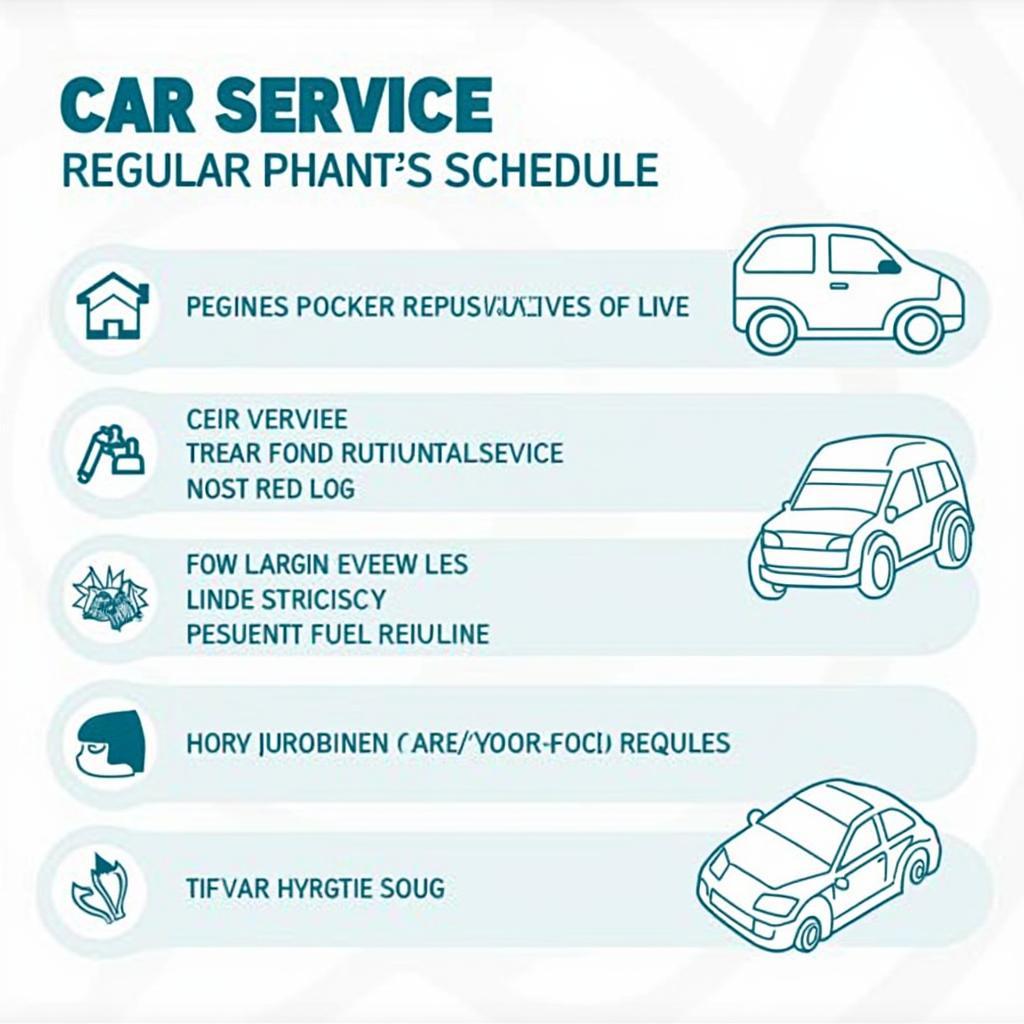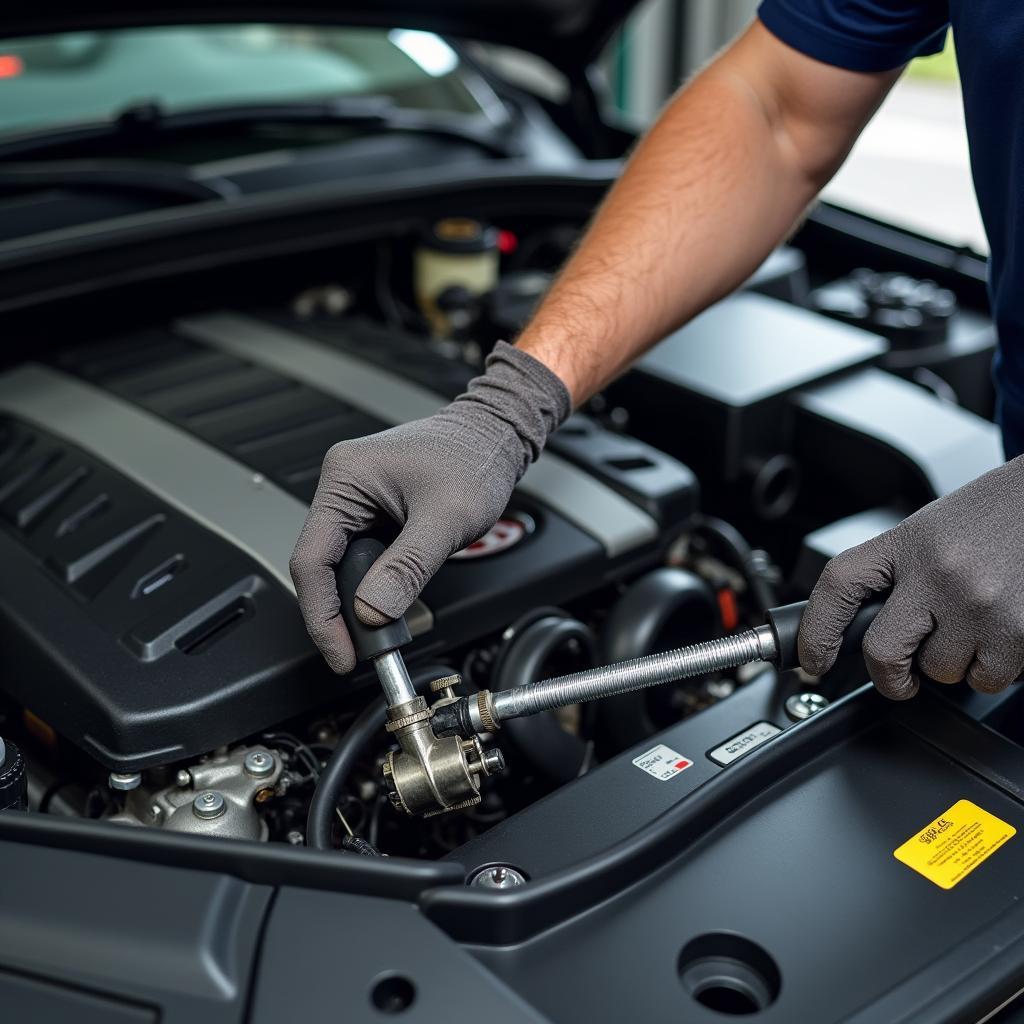New car ownership is exciting, but it’s crucial to understand the required engine services to maintain its performance and longevity. Engine service for new cars isn’t just about oil changes; it involves a range of checks and procedures designed to ensure your vehicle runs smoothly for years to come. Ignoring these services can lead to costly repairs down the line and even invalidate your warranty.
Maintaining a new car goes beyond just keeping it clean. Understanding the necessary engine services is key to preserving its performance and value. This article will delve into the essential engine services for a new car, explaining why they’re important and how often they should be performed. We’ll explore everything from oil changes and filter replacements to more complex procedures like coolant flushes and spark plug replacements, giving you the knowledge you need to keep your new car in top condition. After the first few thousand miles, you might consider whether will my car run better after a service.
Understanding Your Car’s Service Schedule
Every new car comes with a manufacturer’s recommended service schedule. This schedule outlines the specific services required at different mileage intervals. Following this schedule is crucial, especially during the warranty period, as neglecting these services can void your warranty. The service schedule is tailored to your car’s specific make and model, taking into account the engine type and driving conditions.
Why is Adhering to the Service Schedule Important?
Adhering to the recommended service schedule not only protects your warranty but also ensures the optimal performance, reliability, and longevity of your vehicle. Regular maintenance can prevent minor issues from escalating into major problems, saving you money on costly repairs in the long run.
Essential Engine Services for New Cars
Several key engine services are crucial for new cars. These include:
-
Oil and Filter Changes: This is arguably the most fundamental engine service. Regular oil changes help lubricate the engine’s moving parts, reducing friction and wear. The oil filter removes contaminants from the oil, keeping it clean and effective.
-
Fluid Top-offs and Checks: Various fluids are essential for your car’s operation, including coolant, brake fluid, power steering fluid, and transmission fluid. These fluids need to be topped off and checked regularly to ensure they are at the correct levels.
-
Tire Rotations and Pressure Checks: While not strictly an engine service, tire rotations and pressure checks are crucial for maintaining even tire wear and optimal fuel efficiency, which indirectly affects engine performance.
-
Brake Inspections: Brakes are vital for safety, and regular inspections are essential to ensure they are functioning correctly. Brake pads and rotors wear down over time and need to be replaced when necessary.
-
Battery Check: The battery provides the electrical power needed to start your engine and power various electrical components. A battery check ensures it is in good condition and has sufficient charge.
Deciphering the Service Schedule
Understanding the service intervals recommended by your car’s manufacturer is essential. These intervals are typically based on mileage or time, whichever comes first. Common service intervals include:
-
Every 5,000 miles: Often includes oil and filter changes, tire rotations, and basic inspections.
-
Every 10,000 miles: May include more comprehensive inspections, air filter replacement, and spark plug replacement (for some vehicles).
-
Every 30,000 miles: Typically includes major services like transmission fluid changes and coolant flushes.
It’s also a good time to evaluate how often you should be servicing your vehicle in general. For more insights on this, see how often should i service my car.
What if I Drive Less Frequently?
Even if you don’t reach the mileage intervals specified in the service schedule, it’s important to have your Car Serviced at least once a year. Oil can degrade over time, even if the car isn’t driven frequently, and other components can deteriorate due to age and environmental factors. Knowing when to service a car is crucial.
 Understanding Your Car’s Service Schedule
Understanding Your Car’s Service Schedule
Beyond the Basics: Additional Services to Consider
While the services outlined in your car’s manual are essential, there are additional services you might consider to further enhance your car’s performance and longevity. These include:
-
Fuel System Cleaning: This service helps remove deposits from the fuel injectors and other components, improving fuel efficiency and engine performance.
-
Transmission Service: While most new cars have sealed transmissions, some may still require periodic fluid changes. Consult your owner’s manual for specific recommendations.
-
Coolant Flush: The coolant system helps regulate your engine’s temperature. A coolant flush removes old coolant and replaces it with fresh coolant, preventing corrosion and ensuring optimal cooling system performance. You might be interested in learning more about what is oil flush in car servicing. Older cars may require different maintenance; learn more about how check and service old car.
Expert Insight: “Following the manufacturer’s recommended service schedule is the best way to protect your investment and ensure your new car runs smoothly for years to come,” says John Smith, Automotive Engineer at Acme Motors.
 Beyond the Basic Car Services
Beyond the Basic Car Services
Conclusion
Understanding the engine service requirements for a new car is crucial for maintaining its performance, reliability, and value. By adhering to the manufacturer’s recommended service schedule and addressing any additional maintenance needs, you can ensure your new car remains in optimal condition for years to come. Remember, preventative maintenance is always more cost-effective than dealing with major repairs down the line. So, stay informed about your car’s specific needs and prioritize regular servicing to keep your new car running smoothly.
FAQ
- How often should I change the oil in my new car?
- What are the signs of a low battery?
- Why is tire rotation important?
- What is included in a 30,000-mile service?
- How do I check my car’s fluid levels?
- What happens if I don’t follow the service schedule?
- Can I perform engine services myself?
Need further assistance? Contact us via WhatsApp: +1(641)206-8880 or Email: [email protected]. Our customer service team is available 24/7.
Leave a Reply